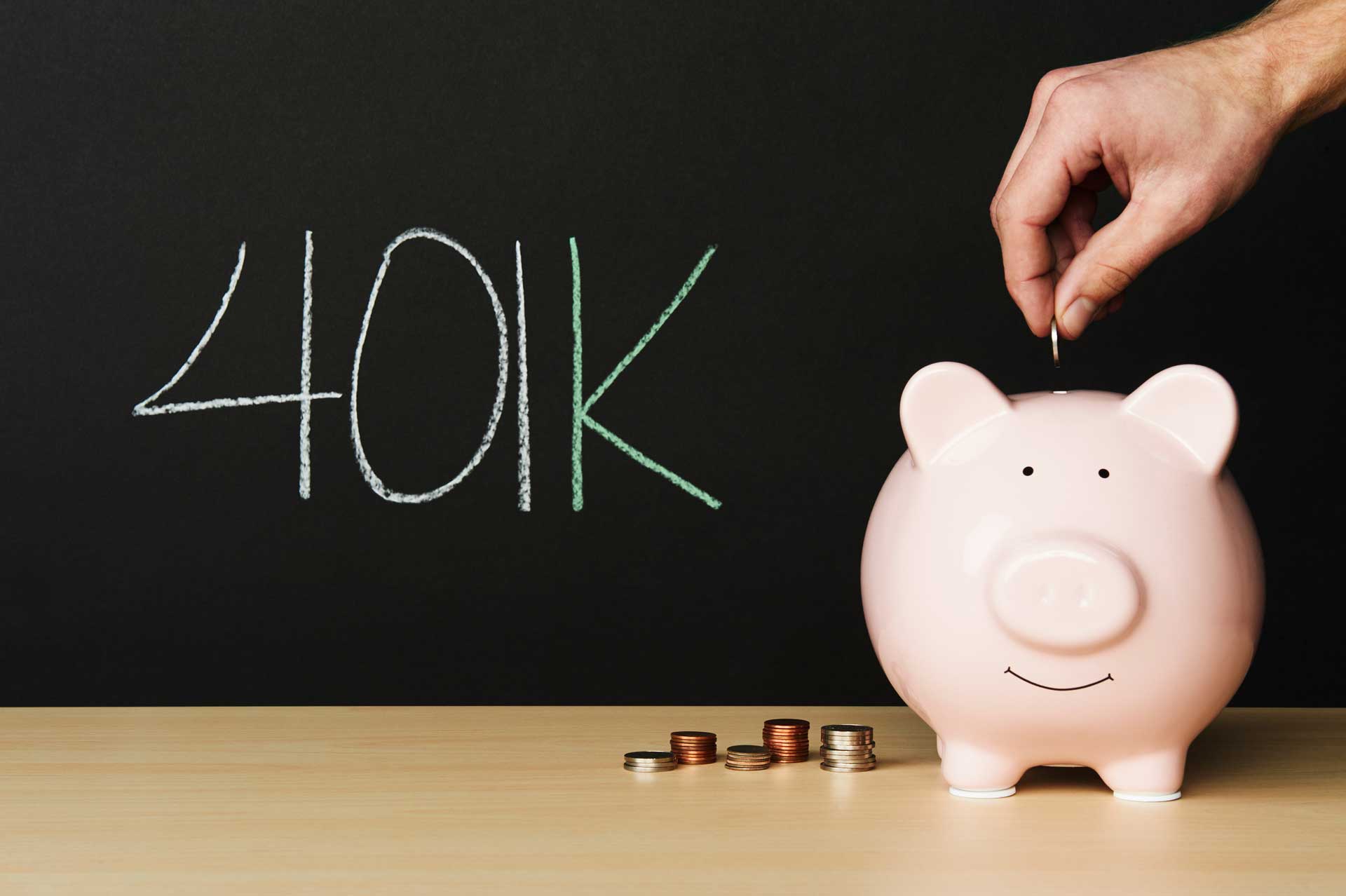
If you feel like you’re missing out on big company retirement benefits, check out a solo 401(k). Sometimes referred to as an individual 401(k), a solo 401(k) plan provides valuable savings and tax benefits, while enabling you to build retirement income.
Who’s eligible?
You are eligible to participate in a solo 401(k) if you are a self-employed owner of an S Corporation that has no full-time employees. Your spouse may also be eligible if he/she earns an income from your business. You do need an Employer Identification Number (EIN) to open a Solo 401(k).
What advantages does it offer?
You can benefit as both an employee and an employer.
- As an employee, you can defer a portion of your pay before taxes (other than Social Security and Medicare) are deducted. This reduces your taxable income. Your savings are invested and grow tax-free until you retire and make withdrawals. (If you choose a Roth Solo 401(k), your contributions can be made from your after-tax pay; then, you’ll pay no taxes when these contributions are withdrawn at retirement.)
- As an employer, you can choose to make a profit-sharing contribution to the plan; the contribution is tax deductible.
You choose how to invest contributions so they grow over time. Unlike a large employer’s 401(k) plan, no testing is required for a solo 401(k).
When do contributions have to be made?
If you are deferring a portion of your pay under the plan, it gets deducted throughout the year. For a profit-sharing contribution, you have until the tax-filing deadline for the tax year to make the contribution. So, you have until when you file taxes in 2023 to make a contribution for 2022.
When can I receive my benefits?
When you retire as long as it’s after age 59 1/2; otherwise, penalties and taxes will apply.
Where can I open a Solo 401(k)?
Brokers, mutual fund companies (i.e., Vanguard, Fidelity, or Schwab), self-directed retirement plan providers, and some banks offer solo 401(k) plans. (Visit Investopedia for recommendations.)
Why should I consider opening a solo 401(k) plan account?
A solo 401(k) offers several benefits. It provides a valuable way to set aside and grow income for retirement. It’s flexible – you can choose to open a before-tax or Roth account, and you decide how to invest your account balance. It provides tax breaks for any profit-sharing contributions your company makes to the plan. If your spouse earns income from your company, he or she can participate, too.
How much can I elect to defer from my earnings and contribute via profit sharing?
Contributions are based on your W-2 reported earnings up to a maximum annual contribution (equal to net earnings minus 50% of self-employment tax), up to an annual IRS limit ($330,000 for 2023).
For 2023, you can elect to defer up to $22,500 (plus $7,500 in catch-up contributions if you are age 50 or over). Plus, a profit-sharing contribution can equal up to 25% of W-2 earnings. In total (elective plus profit sharing) contributions are limited to $66,000 in 2023 (excluding the $7,500 catch-up contribution).
To learn more about the potential tax benefits of opening a solo 401(k) to you and your S Corp, contact RBT CPAs today. We’ve been serving clients in the Hudson Valley and beyond for over 50 years.
